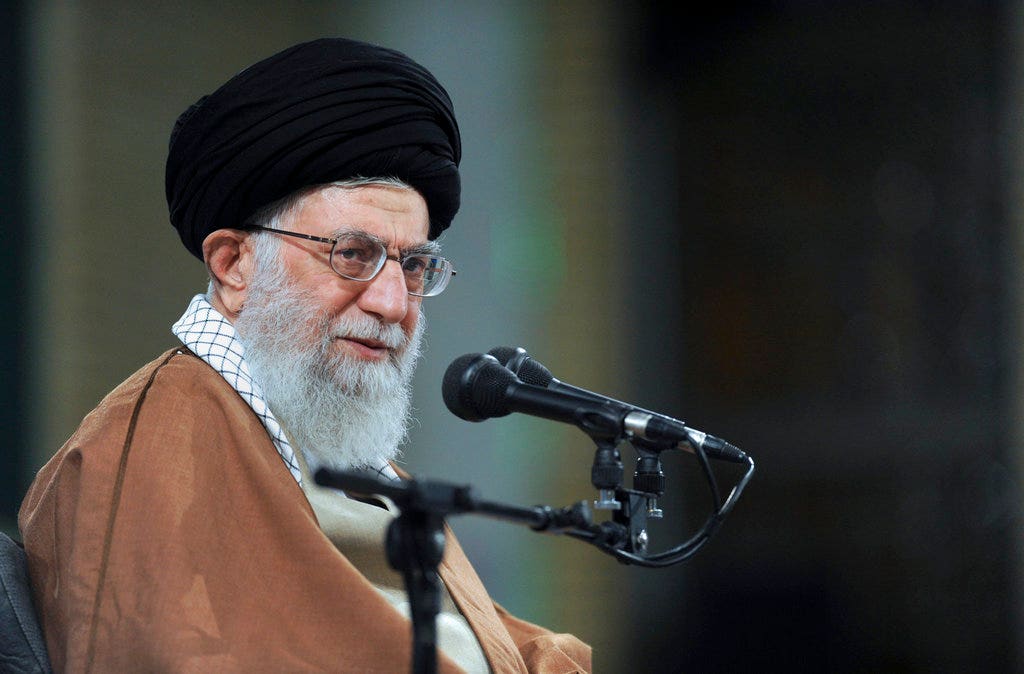Iranian Ayatollah Ali Khamenei has reportedly ordered Iranian forces to launch a “direct” attack against Israel, following the assassination of Hamas’ leader, Ismail Haniyeh, in Tehran. Three Iranian officials confirmed this development to The New York Times. The White House has not been able to independently verify Haniyeh’s death, but Tehran is blaming the Israel Defense Forces for the killing. Israel launched a strike on Beirut, Lebanon, but has not officially claimed responsibility for Haniyeh’s assassination.
Khamenei’s English-language X account stated, “The criminal, terrorist Zionist regime martyred our dear guest in our territory and has caused our grief, but it has also prepared the ground for a severe punishment.” The Iranian leader praised Haniyeh for being willing to sacrifice his life in the battle against Israel for many years and preparing for martyrdom. In response to Iran’s threats, Commanding Officer of the Israeli Air Force Maj. Gen. Tomer Bar issued a statement warning that Israel is prepared to strike any location if necessary to defend its citizens.
Israeli Prime Minister Benjamin Netanyahu also weighed in on the situation, describing the conflict as an “existential war against a stranglehold of terrorist armies and missiles that Iran would like to tighten around our neck.” Netanyahu emphasized that Israel is ready for any scenario and will stand united against any threat. He warned that Israel will exact a heavy price for any aggression directed toward the country from any source. The recent escalation of tensions in the region has put both Israel and Iran on high alert.
The situation continues to unfold as Iran threatens retaliation for the assassination of Haniyeh and Israel remains on guard against any potential attacks. The conflict between the two nations is part of a larger geopolitical struggle for power and influence in the Middle East. The involvement of various militant groups, such as Hamas, adds complexity to the situation. The international community is closely monitoring the developments and is concerned about the potential for further escalation and violence in the region.
The involvement of the United States in the situation is also a significant factor, given the close ties between the U.S. and Israel. The Trump administration has been vocal in its support for Israel and its opposition to Iran. The U.S. intelligence community is likely closely monitoring the situation and assessing the potential impact on U.S. interests in the region. Any further escalation of hostilities could have far-reaching consequences for the stability of the Middle East and global security.
As tensions between Iran and Israel continue to escalate, the risk of open conflict and further violence in the region is increasing. Both sides are taking measures to defend themselves and prepare for potential attacks. The international community, including the United Nations and other global powers, may need to intervene to prevent the situation from spiraling out of control. Diplomatic efforts to de-escalate tensions and find a peaceful resolution to the conflict will be crucial in the coming days and weeks. The fate of the region and the lives of millions of people hang in the balance as Iran and Israel stand on the brink of war.













